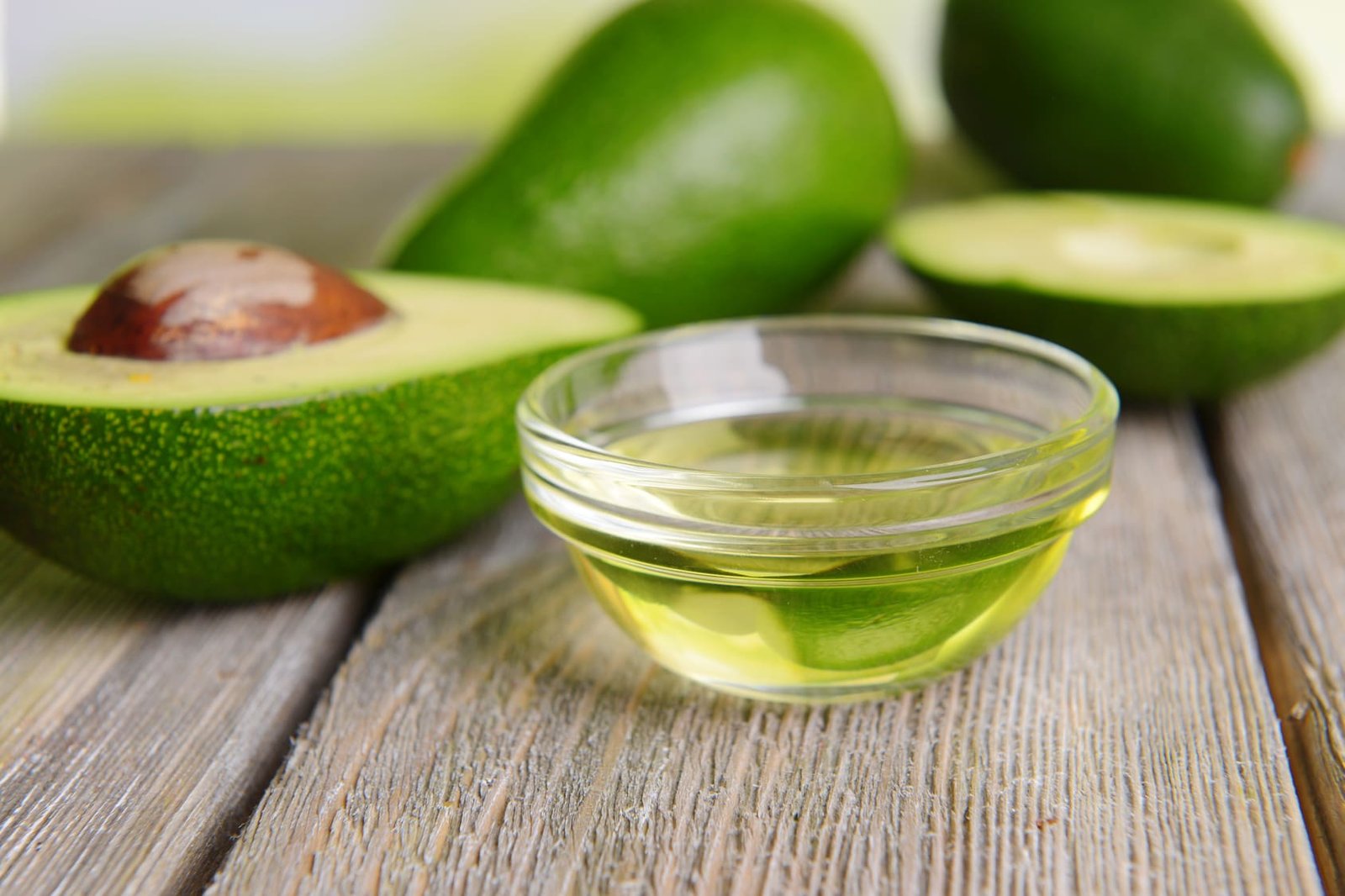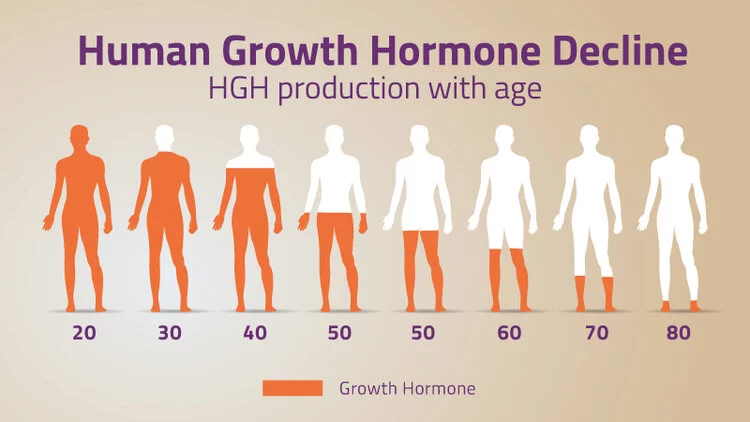It’s possible that you don’t know everything there is to know about avocados, even if you’ve been eating them for a long time. A few of the most important things you need to know about avocados are covered in the following article.
It is generally difficult to pick the ideal avocado. It can be challenging to determine when avocados are ripe because they come in so many colors and varieties. Here are some suggestions to assist you in determining whether your avocado is edible.
The first thing you need to do is figure out when the fruit is ready. Avocados can ripen at room temperature for four to five days, but they are usually ready to eat in one day. To expedite the ripening process, it is best to store unripe avocados in the refrigerator.
Avocados that are ripe should be soft but not mushy. Additionally, it shouldn’t leave any marks on your hand. Holding an avocado in your palm and feeling its texture is the key to selecting a quality avocado. Male erectile dysfunction can be treated with Tadalista 40 Mg and Vilitra 20 Mg.
Essential polyunsaturated fats include avocados, which, according to a number of studies, may lower the risk of heart disease. Monounsaturated and polyunsaturated fats are abundant in avocados, which are low in saturated fat. Additionally, they contain a wide variety of phytochemicals, vitamins, and minerals.
Polyunsaturated fats are necessary for the body because they help maintain healthy cholesterol levels. They are crucial to blood clotting and cell membranes. It is also known that polyunsaturated fats aid in inflammation, muscle strength, and nerve function. Additionally, they may alleviate insulin resistance.
Niacin, potassium, and vitamin B-6 are all abundant in avocados. They are also high in dietary fiber and contain phytosterols. Avocados have a singular matrix of unsaturated oil. This indicates that the fruit naturally boosts the absorption of other foods’ carotenoids.
Lutein, a phytochemical that may reduce the risk of cataracts, macular degeneration, and oxidative/inflammatory stress, can also be found in avocados. Avocados’ high vitamin C content may also benefit vascular health.
Avocados were a delicacy in the Aztec empire and a symbol of love and fertility. Additionally, they were thought to be arousing. Avocados were used by the Aztecs to boost men’s and women’s libido. Additionally, it was believed that those who consumed avocados gained strength.
Avocados have existed for a very long time. They have been grown by locals in South Central Mexico since at least the Neolithic era. Brazil and the Philippines also have avocados. They can reach 40 feet in height. Almost any cuisine can use avocados.
The Hass Avocado Board conducted a study and found that married people buy more avocados than single people do. Additionally, they are a great way to consume more nutrients. They contain vitamin E, which is really great for your skin and wound recuperation. Vitamin E in avocados also aids in the production of more sperm and lowers the risk of male erectile dysfunction.
Magnesium, manganese, copper, iron, zinc, and other phytonutrients can be found in a variety of fruits and vegetables, but some are particularly rich in minerals. Broccoli, kale, and spinach are a few examples. Magnesium, manganese, copper, iron, and zinc are some of the most important ones. Additionally, these nutrients are known to be antioxidants, which may benefit your health.
Because it is involved in so many bodily processes, magnesium is an essential nutrient. Numerous cellular enzymes involved in energy metabolism use it as a cofactor. It also helps maintain normal insulin sensitivity and vascular tone.
The fact that an avocado is a good source of magnesium is one of the many advantages of eating one. Given that this mineral plays hundreds of different roles in the human body, this fact is not surprising. This nutrient is contained in a full half-fruit, which contains 20 mg.
After eating an avocado, latex allergy symptoms vary depending on the amount of latex breathed in. Some suffer from mild symptoms, while others experience anaphylactic shock. You should immediately visit the emergency room if you have a latex allergy.
When the body’s immune system misinterprets the substance as a dangerous invader, an anaphylactic reaction occurs. Histamine is released in large quantities by the body as a response, resulting in a wide range of sudden, often severe reactions. Avocado may cause an allergic reaction in some people who are allergic to latex.
Avocado allergies are uncommon. In fact, latex sensitization has been used to describe the majority of avocado anaphylaxis cases. It has not yet been extensively documented. Although isolated anaphylaxis can occur, the long-term effects of hypersensitivity are unknown.
More info site: recifest.com




